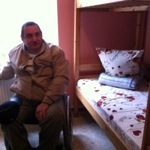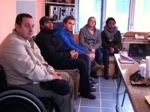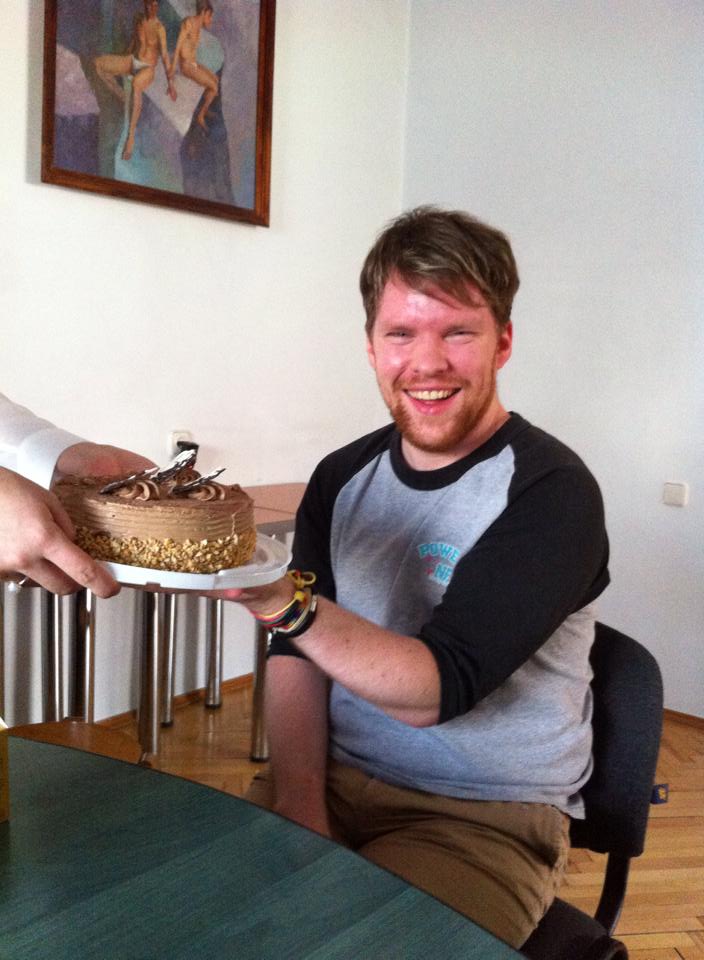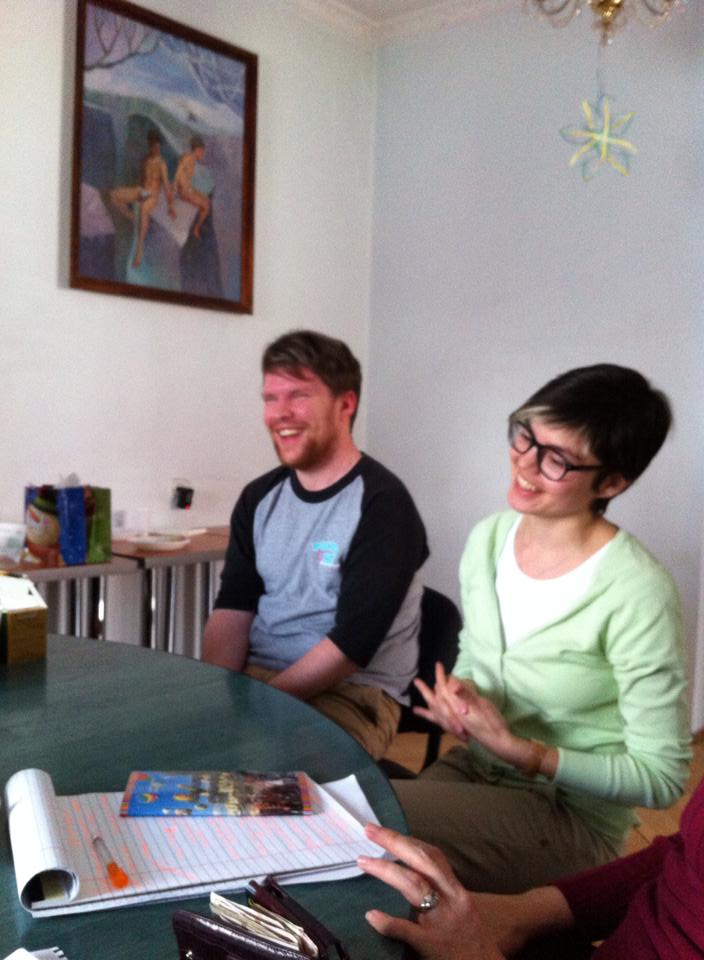
Keystone incorporates artwork and other media as part of a multi-pronged approach to promoting awareness and supporting social inclusion.

This Motivatie residence is a place for youth and families to visit on weekends. Youth participate in recreation while also learning independent living skills.
The Republic of Moldova is a country that is experiencing ongoing political and economic transition. In the midst of this, our group found social service organizations working hard here for change on behalf of vulnerable and marginalized populations. Two examples are Motivatie and Keystone Moldova. Before describing their services, consider the following context:
- According to the Every Child Moldova Report (20013), as recently as 10 years ago the only option for a child who had to leave their parents was life in an institution. 1.3% of all Moldova children went into institutions and stayed an average of 7-8 years. Until very recently, community level services for individuals with disabilities were not available.
- Social inclusion of people with disabilities in Moldova is urgently needed according to the United Nations (See http://www.un.org/apps/news/story.asp?NewsID=45847&Cr=moldova&Cr1=#.UtrO648o5y0), and Moldova must make progress in order to meet it’s own national goals, as well as international and EU standards.
Keystone Moldova, an organization under the umbrella of Keystone International, has been working for social inclusion since it’s inception in 2003, and has been working to transform systems of care for children and their families. They have helped to develop guidelines for inclusive schools and participated in the crafting of the UN Convention on the Rights of Persons with Disabilities. See Paradigm Shift in Moldova. The agency has also worked to empower children and families through the use of story telling and narrative therapy, and other creative approaches. Social enterprise programs and community homes have also been developed.
Another NGO, Motivatie Moldova, is working to support the social integration of children with physical disabilities and promoting their rights. The organization is involved in education and awareness programs throughout Moldova. For example, their team of basketball players show off their skills from their wheelchairs prior to major sporting events. Motivatie is also creating an array of alternative services, and assisting children in becoming more independent.
The creative and multi-dimensional approaches, such as those adopted by Keystone and Motivatie, are helping to promote the rights of persons with disabilities and are making a difference in Moldova by providing services in creative and sophisticated ways.
See also, UN Convention on the Rights of Persons with Disabilities.
See also, UNICEF Country Document.
See also, Every Child Moldova Report




